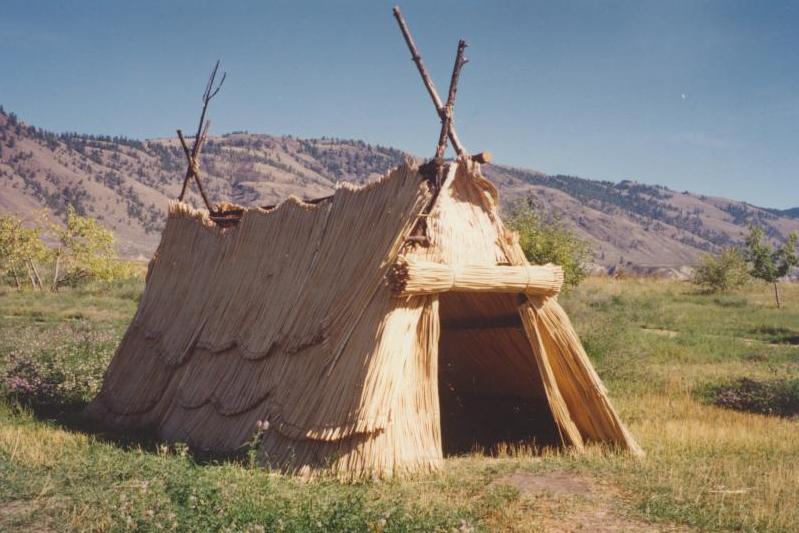Overview
The Indigenous Centre will honour Secwépemc ways of knowing and being and enhance support for Indigenous students at TRU. Designed by Stantec Architecture and Patrick R. Stewart Architecture in collaboration, with support from Tk'emlups te Secwépemc, the Indigenous Centre will be a central hub for learning and community. It is more than just a building. It underscores our responsibility as a place of knowledge to be a leader in Indigenous relations, to honour the Truth and Reconciliation Commission’s Calls to Action and the UN Declaration on the Rights of Indigenous Peoples.
Give TodayOverview of contribution
Support for the Indigenous Centre will enhance new spaces where respect, understanding and collaboration thrive: A community gathering place inspired by Secwépemc summer gathering houses, Elder spaces and ceremonial rooms for reflection and guidance, outdoor classrooms and Indigenous research spaces that reflect Indigenous ways of knowing.
Give Today
Questions?
We're here to provide more information
Interested in supporting the Indigenous Centre? Read the brochure and contact us to learn more.
Bradley Bostock
Director of Development
Thompson Rivers University
bbostock@tru.ca
Phone: 250-371-5833
Email: 250-319-6385
Kaleena Carriere
Advancement Officer, Indigenization
Thompson Rivers University
kcarriere@tru.ca
Phone: 250-318-3046
Email:: 250-852-7694
